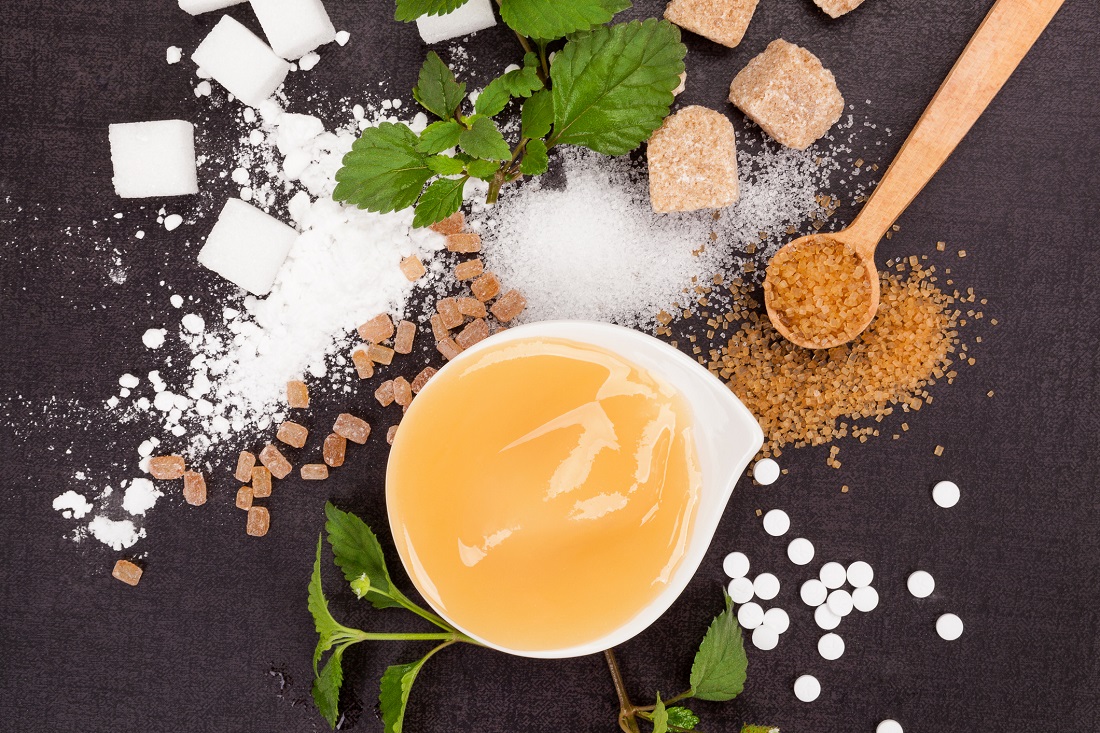The call for healthier food choices has never been louder, and at the forefront of this movement is the desire to have products labeled “no added sugar.” This is no longer just a marketing statement; it is a fundamental attribute that today’s consumers actively seek in the products they purchase. Manufacturers are also eager to capture this trend, driven by a combination of food safety regulations and growing consumer awareness of the harmful effects of consuming too much sugar. The result has been a significant increase in sugar reduction efforts across the consumer goods industry.
The Sugar Reduction Imperative
The global shift towards healthier eating habits has put sugar in the spotlight. Consuming too much sugar is linked to various health problems, including obesity, diabetes, and cardiovascular disease. Consumers actively seek products that are low in sugar to address these concerns. This need is not just a passing trend but a fundamental shift in consumer preferences that manufacturers must respond to to remain competitive.
The Role of Artificial Sweeteners
Although reducing sugar intake is an urgent concern, alternative artificial sweeteners have caused controversy among consumers. Concerns about the safety and taste of these sweeteners have led many people to seek healthier, more natural options.
Stevia: A Natural Sweetener with Growing Acceptance
One natural sweetener that is becoming increasingly important is stevia. Derived from the stevia plant leaves, this sweetener has no calorie value and is known for its natural properties. Unlike artificial sweeteners, stevia is better accepted by consumers due to its plant origin. This acceptance has pushed stevia into the spotlight as a leading sugar substitute.
Dietary Fibers and Inulin: The Unsung Heroes of Sugar Reduction
In addition to stevia, fiber, especially inulin, appears to be a valuable substitute for sugar. These functional fibers provide many benefits, including improved gut health. As awareness of the link between gut health and overall health grows, inulin and similar fibers are becoming sought-after ingredients in consumer goods.
The Fiber Revolution: Inulin and Gut Health
Inulin, a type of soluble fiber, has received significant attention in recent years. It serves as an effective sugar substitute and enhances intestinal health. The gut microbiome plays an important role in various aspects of health, from digestion to immune function. Inulin acts as food for beneficial gut bacteria, encouraging them to grow and promoting a balanced gut microbiome. The link between inulin and gut health has made it a valuable addition to food products.
Market Growth and Potential
The growing demand for healthier foods has led to a thriving stevia and inulin market. According to Mintel research, these two ingredients will play a central role in efforts to reduce sugar intake. The natural properties of stevia and the benefits of inulin for gut health make it so popular with consumers.
Stevia: Overcoming the Aftertaste Barrier
Although stevia is praised for its natural origin and zero calorific value, it still faces the challenge of an aftertaste. However, promising innovations continually address this problem, making stevia an even more attractive sugar reduction option. These innovations are expected to further increase the commercial potential of stevia.
Inulin: A Rising Star in Sugar Reduction
Inulin’s journey from obscurity to fame in sugar reduction has been remarkable. The report found that the number of product launches containing inulin as a fiber has tripled since 2015, demonstrating its growing importance in the food industry. As consumers become more conscious of their gut health, inulin is poised to continue its growth.
The low-sugar revolution is in full swing, driven by consumer demand for healthier options and food safety regulations. Natural sweeteners like stevia and functional fibers like inulin have become heroes in the quest for better nutrition. Stevia’s natural properties and zero-calorie value make it a consumer favorite, while inulin’s dual role as a sugar substitute and gut health booster is attracting attention.
As the market for reduced sugar products continues to grow, stevia and inulin are poised for significant growth. The ongoing quest to overcome the aftertaste of stevia and growing awareness of the gut health benefits of inulin is expected to further boost their market potential. In a world where consumers are looking for sweeter, healthier options, these natural sweeteners and functional fibers are more than just ingredients; they are an integral part of the growing sugar reduction movement that aims to make our diets delicious and healthy.


